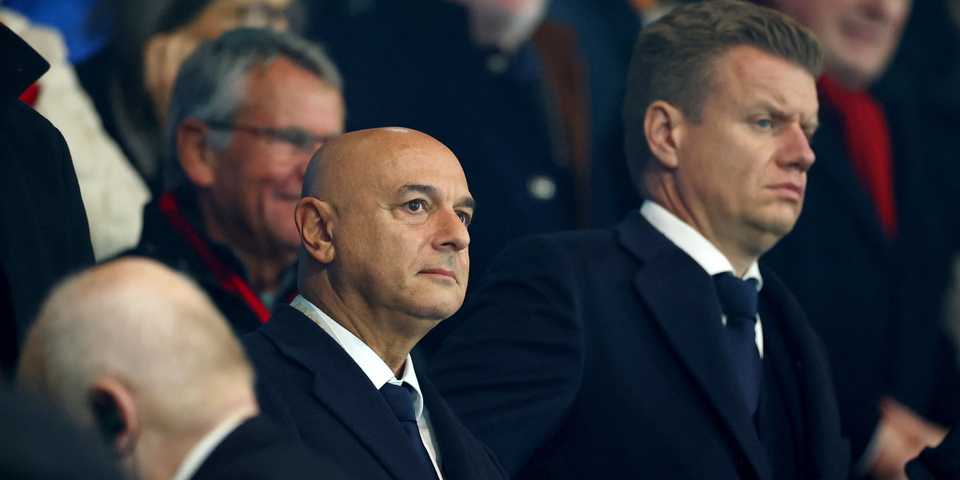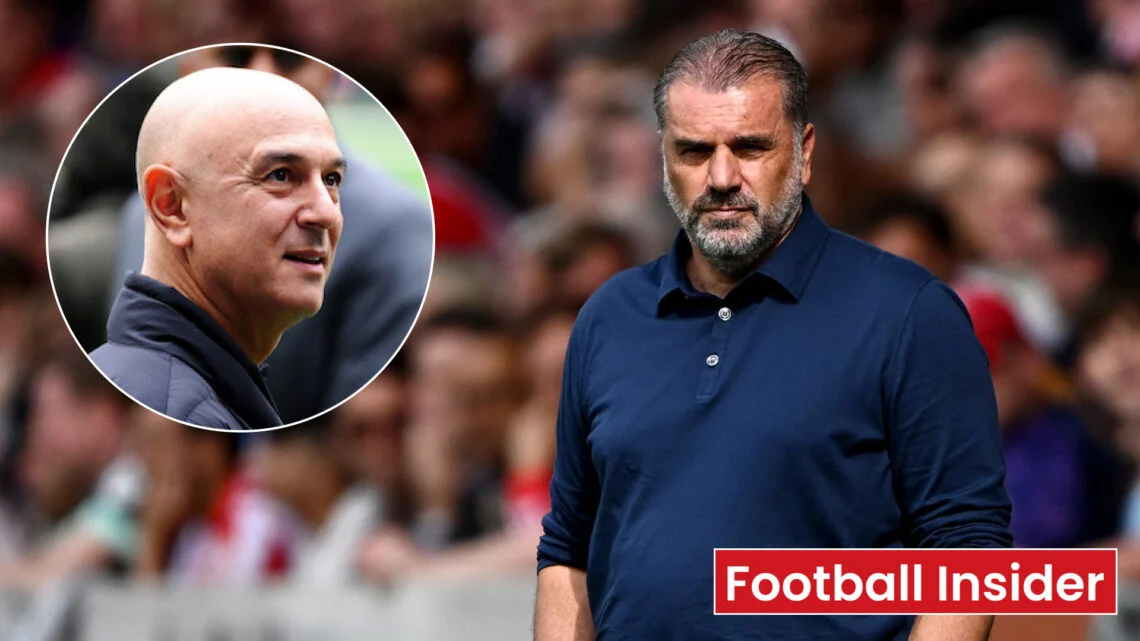Tottenham chairman Daniel Levy has spent the past year actively seeking new investment for the club to position them as serious contenders at the top of the Premier League.
Reports have suggested Levy has been negotiating the sale of a minority stake in the club, valuing Tottenham at £3.75 billion. However, recent developments and expert opinions cast doubt on the feasibility of such a valuation.
On February 12, The Guardian reported that Qatari investors had expressed interest in acquiring Tottenham, potentially through a phased buyout. One proposed model would retain Levy in a management role, ensuring continuity in the club’s operations under the new ownership.
Despite these discussions, financial analyst Stefan Borson has expressed skepticism regarding the club’s valuation. He noted that the rumored £3.75 billion price tag does not align with the current football market climate.
Borson emphasized the financial risks associated with such a purchase, especially with no certainty that Tottenham could secure consistent Champions League qualification without substantial investment.
The competition for top-four finishes has grown fiercer, with clubs like Newcastle, Aston Villa, and Brighton making significant strides in recent years. Meanwhile, the recovery of traditional clubs like Everton and the inevitable resurgence of Manchester United further complicate Tottenham’s ability to remain competitive without enormous spending.
The financial realities of Tottenham’s situation highlight several challenges. ENIC Group, the club’s majority owner, slightly increased its stake to 86.91% after injecting £35 million into the club in December.
The ownership structure currently sees Levy and his family holding a 29.88% share in ENIC, while the family of Joe Lewis owns the remaining 70.12%. While Tottenham boasts a world-class stadium, which remains one of their most attractive assets, the financial weight of maintaining their competitive edge requires far more than infrastructure.

Borson also referenced the club’s current position within the evolving Premier League landscape. He argued that, given the emergence of smaller clubs with smart financial models and the increased competition across the league, a valuation of £3.75 billion seems far-fetched.
While Tottenham’s stadium remains a critical component of their appeal to potential buyers, it does not guarantee success on the pitch or consistent Champions League football. Without significant financial backing, Tottenham risks falling further behind their Premier League rivals.
Reports from Football Insider on February 13 suggest that Tottenham’s actual takeover value may be less than £3 billion, indicating that the club has struggled to find buyers willing to meet the previously reported valuation.
Financial concerns have also been amplified by Deloitte’s 2025 Money League findings, which revealed a drop in Tottenham’s revenue from £550 million in 2022-23 to £528 million last season. Despite this decline, the club’s commercial income grew from £228 million to £255 million, thanks to the numerous opportunities generated by their state-of-the-art stadium.
The on-pitch challenges facing Tottenham further complicate their valuation. Ange Postecoglou’s side has endured a difficult season, with the team currently sitting 15th in the Premier League table. Poor performances have not only impacted fan morale but also financial projections.
Reports from January revealed that Tottenham stands to lose £31 million in prize money due to their underwhelming campaign. These financial setbacks underline the urgent need for investment to stabilize the club’s performance and ensure long-term growth.
While a potential takeover by Qatari investors could dramatically reshape the club’s fortunes, doubts remain about whether such a deal will materialize. The influx of wealth from Middle Eastern ownership could elevate Tottenham’s competitiveness, as seen with other clubs benefiting from similar investments. However, ongoing rumors and a lack of concrete progress suggest that such a scenario is far from guaranteed.
As Levy continues his efforts to attract investment, it is clear that any prospective buyer must weigh the significant risks and rewards of acquiring Tottenham. The club’s impressive infrastructure, including their stadium, offers a solid foundation for growth.
However, the Premier League’s increasingly competitive environment demands substantial spending to achieve consistent success. Whether through external investment or strategic financial planning, Tottenham must address these challenges to reestablish themselves as a top-tier force in English football.
For now, the uncertainty surrounding Tottenham’s valuation and ownership future leaves fans wondering whether the club can secure the resources needed to compete at the highest level.
As discussions with potential investors continue, the path forward for Tottenham will likely hinge on their ability to balance financial stability with the ambition of achieving sustained success on and off the pitch.

